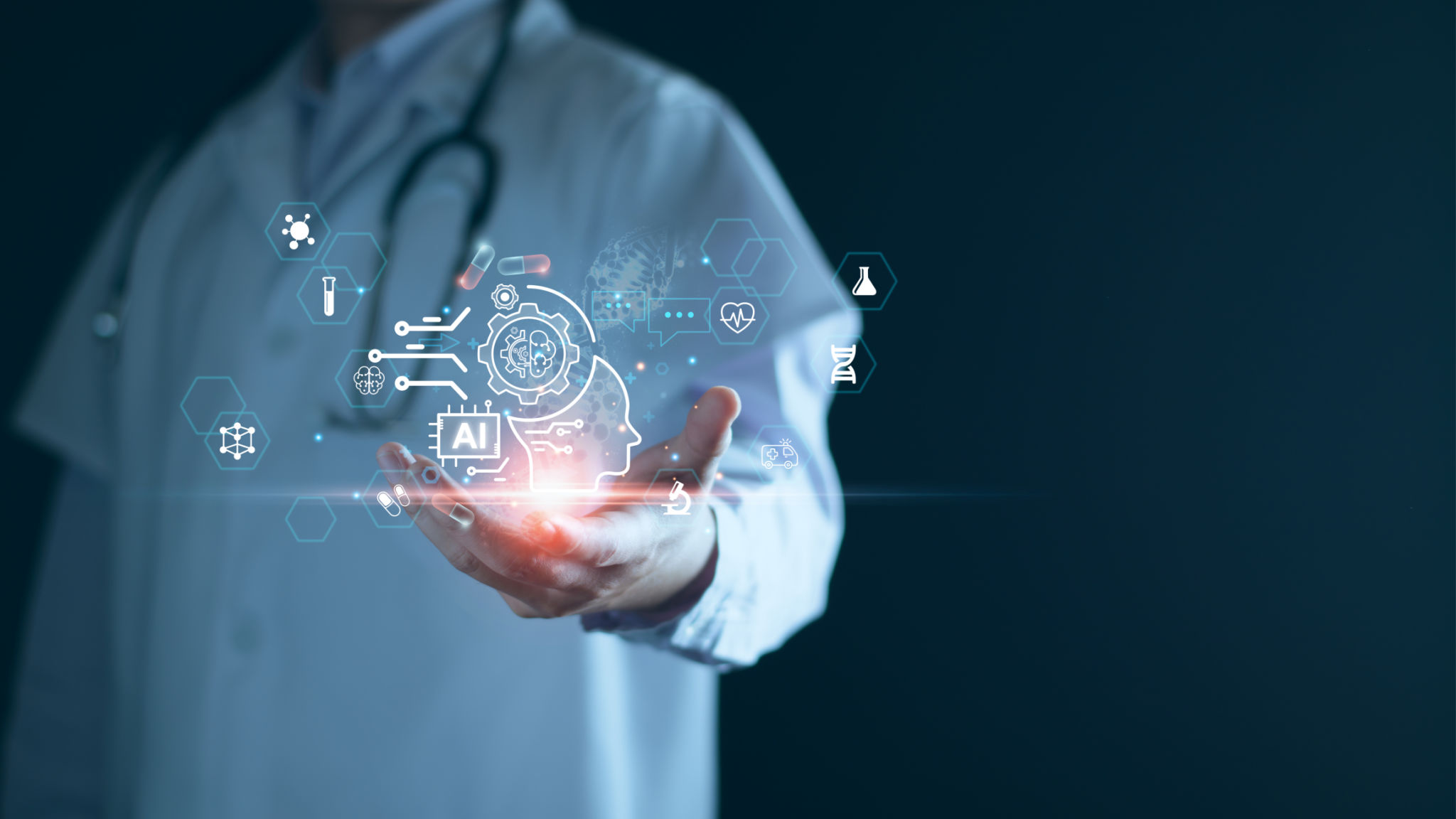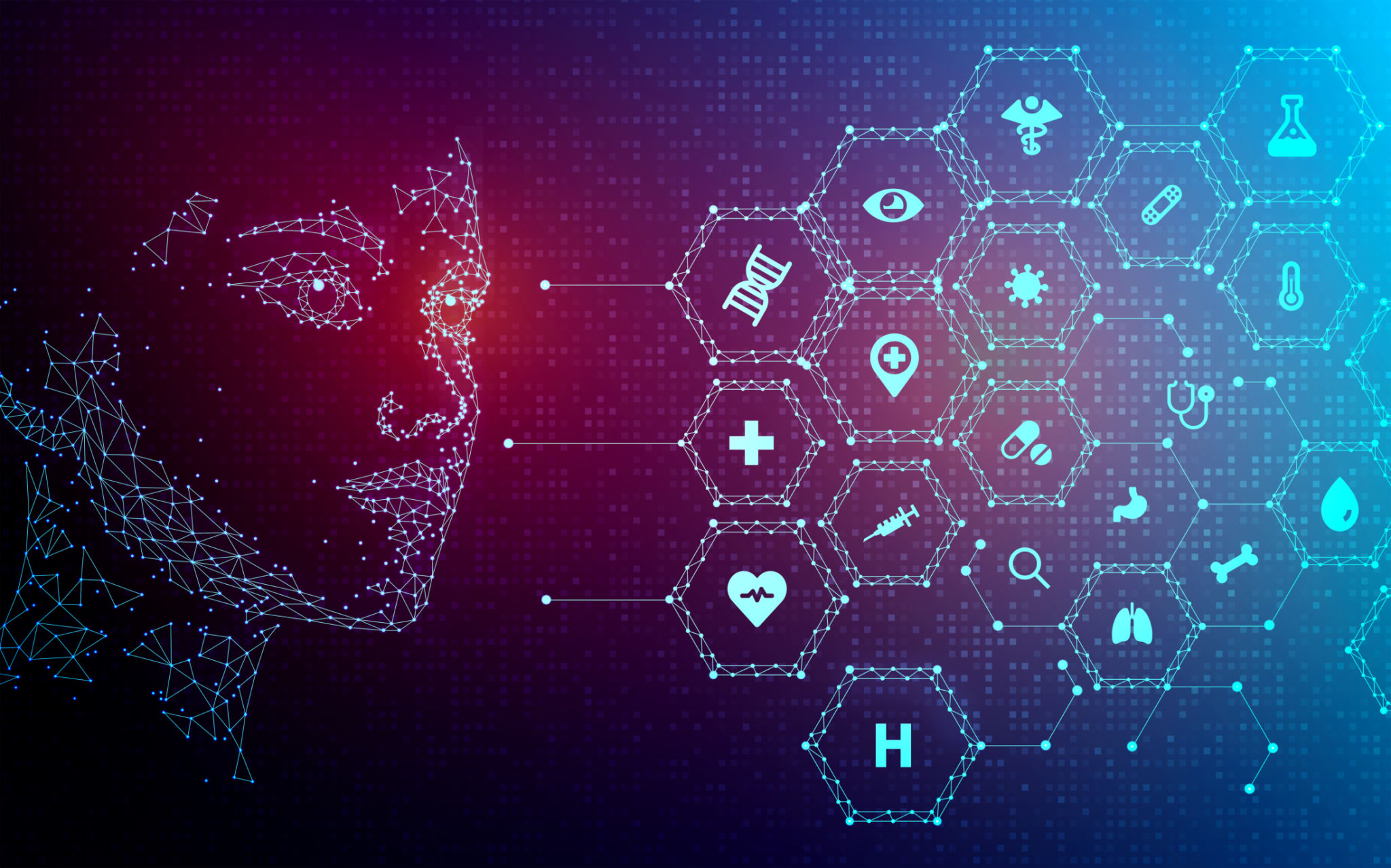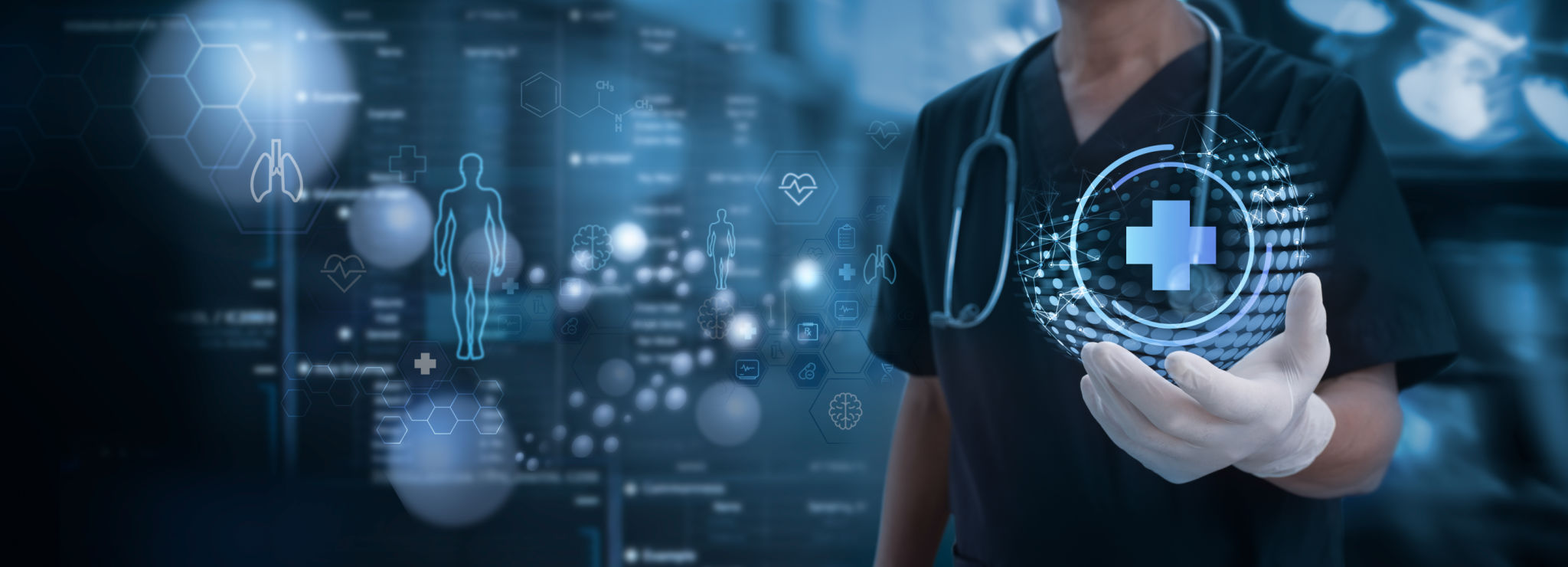The Role of CARDIO AI in Healthcare: Transforming Cardiology Practices
CARDIOAI AI:The Emergence of AI in Healthcare
CARDIO AI has emerged as a groundbreaking tool in the healthcare sector, predominantly cardiovascular space. The integration of AI into cardiology practices is reshaping the way healthcare professionals diagnose, treat, and monitor heart-related conditions. This transformation is not only enhancing the accuracy of diagnoses but also improving patient outcomes and streamlining healthcare processes.

Enhancing Diagnostic Accuracy
One of the most significant impacts of CARDIO AI in cardiology is the enhancement of diagnostic accuracy. Our AI algorithms can analyze vast amounts of data from patient records, imaging studies, genomic data, and even wearable device. By doing so, they can identify patterns and anomalies that may be missed by the human eye. This capability is particularly beneficial in detecting early signs of heart disease, allowing for timely intervention.
Furthermore, CARDIO AI-powered tools can assist cardiologists in interpreting complex imaging data from echocardiograms and MRIs. These tools use machine learning to compare new images with thousands of previous cases, providing insights that can guide more precise treatment plans.
Personalized Treatment Plans
CARDIO AI is also playing a critical role in developing personalized treatment recommendation plans for patients. By analyzing individual patient data, including genetic information, lifestyle habits, and medical history, CARDIO AI can help create customized treatment strategies. This personalized approach ensures that patients receive the most effective therapies based on their unique profiles.

The ability to tailor treatments to individual needs not only improves patient outcomes but also reduces the likelihood of adverse effects. For instance, CARDIO AI can predict how a patient might respond to a specific medication, thus optimizing drug prescriptions and dosages.
Streamlining Cardiology Practices
CARDIO AI is transforming the workflow within cardiology practices by automating routine tasks and streamlining administrative processes. CARDIO AI-powered systems can manage patient scheduling, record-keeping, and billing with increased efficiency. This automation allows healthcare professionals to focus more on patient care rather than administrative duties.
- Reduced waiting times for appointments and procedures
- Improved patient engagement through digital platforms
- Enhanced data security and management

Future Prospects and Challenges
As CARDIO AI continues to advance, its role in cardiology practices is expected to expand further. Future developments could include AI-driven predictive analytics for identifying at-risk populations and advanced robotic-assisted surgeries that enhance precision and outcomes.
However, integrating AI into healthcare is not without challenges. Issues such as data privacy, ethical considerations, and the need for continuous training of healthcare professionals must be addressed. Ensuring that AI systems are transparent and unbiased is crucial for maintaining trust in these technologies.
Conclusion: A New Era in Cardiology
The role of CARDIO AI in healthcare, particularly in cardiology, marks the beginning of a new era. With its ability to enhance diagnostic accuracy, personalize treatments, and streamline practices, AI is poised to transform cardiology care for the better. As these technologies continue to evolve, they hold the promise of improving patient outcomes and revolutionizing healthcare delivery in globally
.

